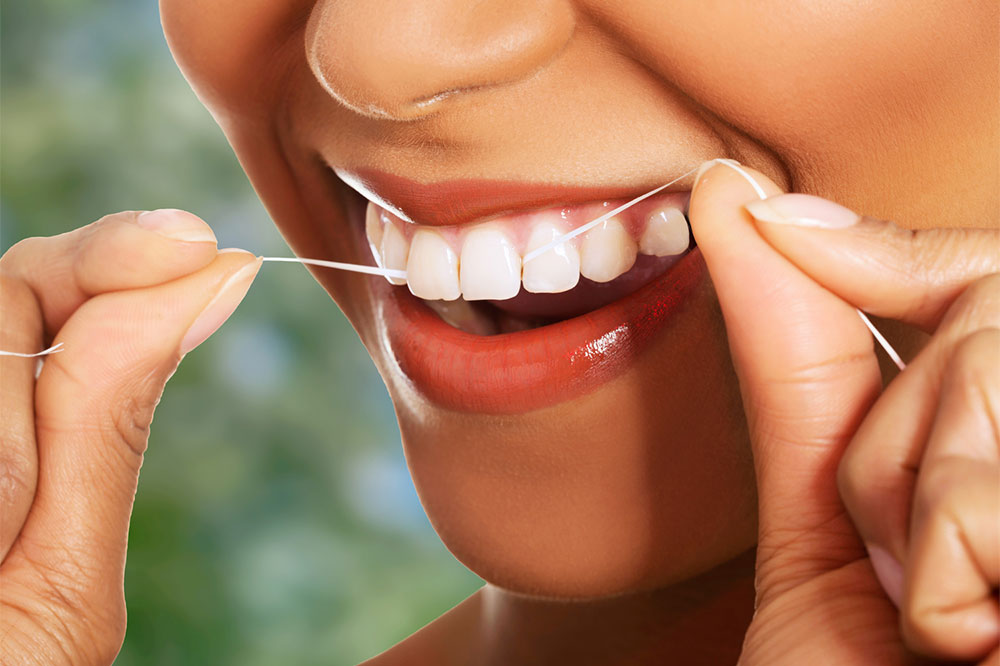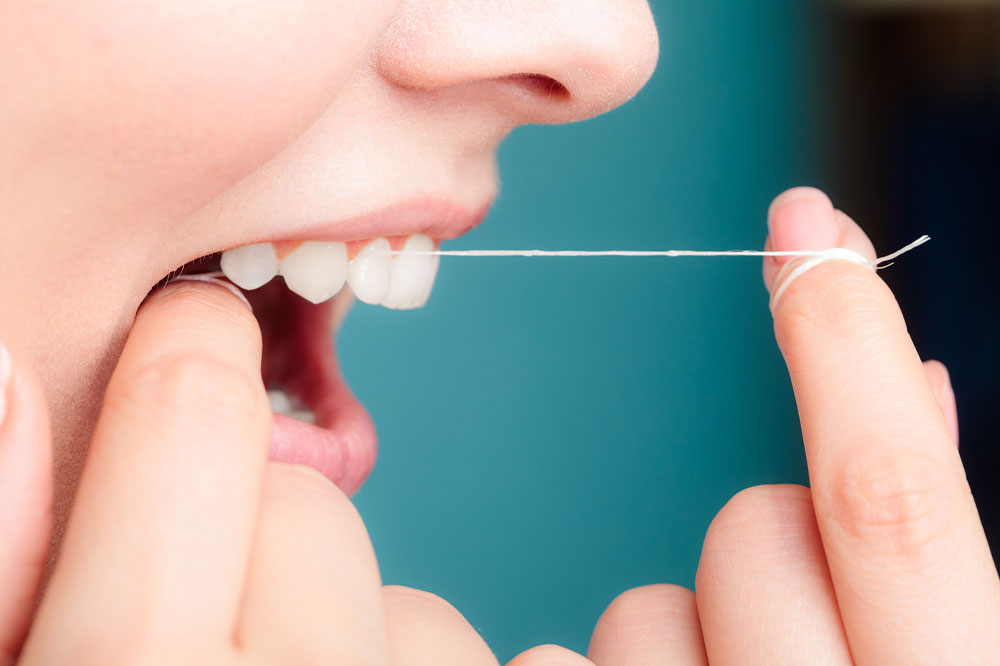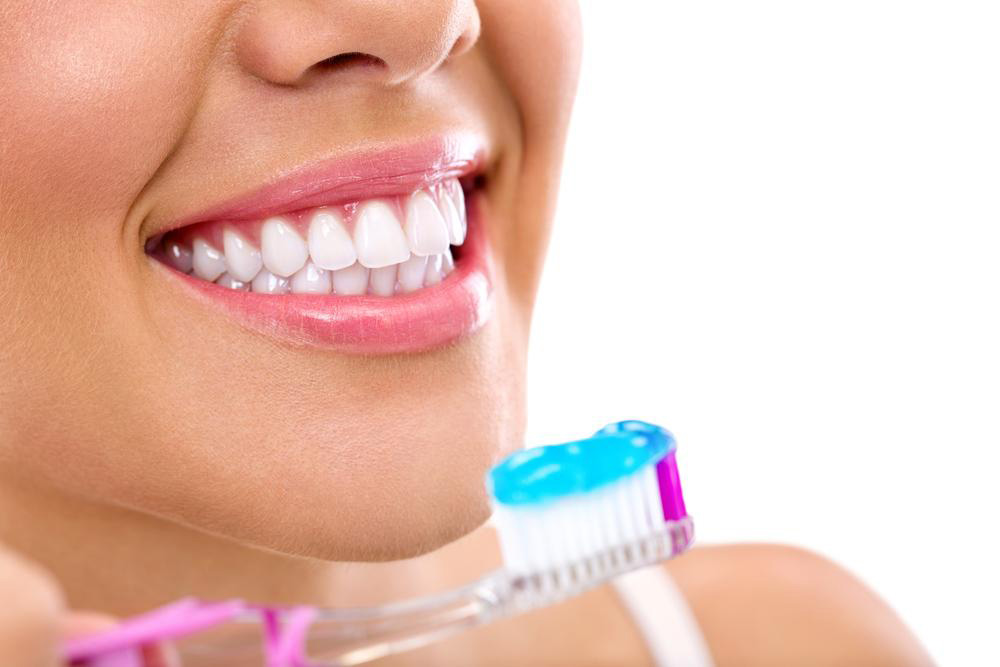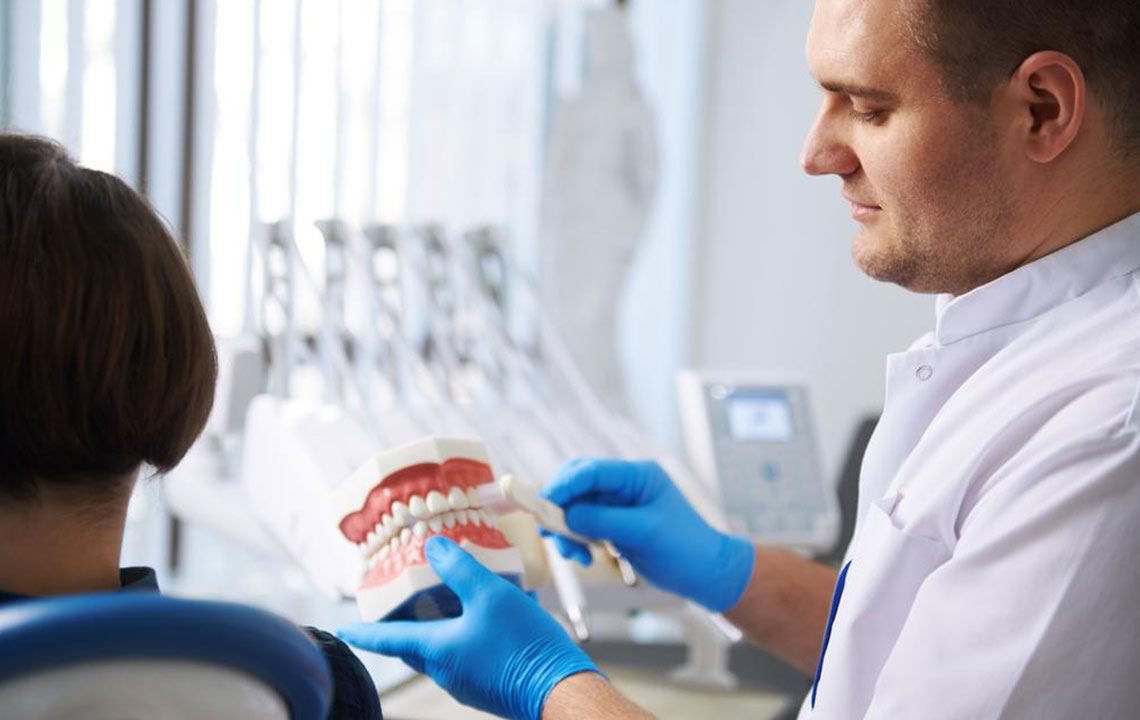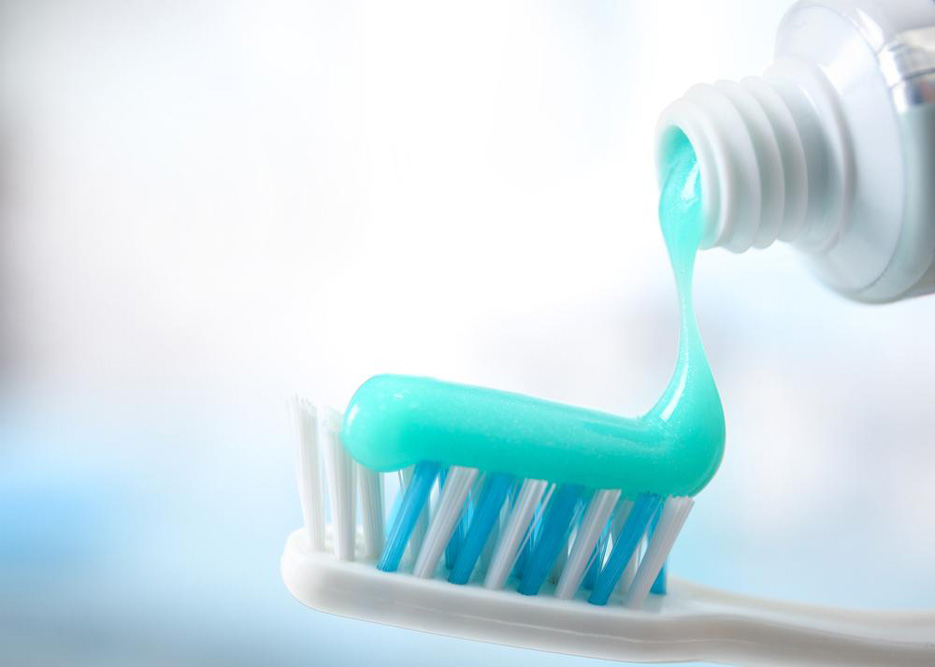Comprehensive Guide to Oral Care for Strong and Healthy Teeth
Discover expert-backed strategies for maintaining strong, long-lasting teeth through proper oral hygiene. Learn about effective brushing, regular dental visits, diet considerations, and other essential practices to prevent cavities and gum disease. This comprehensive guide empowers you to achieve optimal oral health and a radiant smile for years to come.

Essential Strategies for Maintaining Long-Lasting Oral Health
Maintaining optimal oral health often takes a backseat amidst busy schedules and everyday obligations, yet it is a cornerstone of overall well-being. Your teeth and gums do more than give you a radiant smile—they are pivotal for proper digestion, speech, and confidence. Neglecting dental hygiene can lead to cavities, gum disease, and even tooth loss, which can significantly impair quality of life. Proper oral care not only prevents these issues but also ensures your teeth stay durable and functional for years to come. This comprehensive guide will detail proven strategies to help you maintain healthy teeth, prevent common dental problems, and promote lifelong oral health.
Understanding the importance of good dental hygiene is the first step in your journey towards a brighter, healthier smile. Small habits established today can have a profound impact on your oral and general health in the future. From daily routines to professional dental visits, every aspect plays a vital role in preserving the integrity of your teeth and gums. Let’s explore detailed practices and expert tips that will empower you to keep your teeth strong and resilient over time.
Brush your teeth correctly twice a day
Schedule routine dental examinations
Minimize consumption of sugary and acidic foods and drinks
Incorporate daily flossing into your oral hygiene routine
Use fluoride products and consider additional protective measures
Proper Brushing Techniques: Brushing twice daily is fundamentally essential for removing plaque and preventing bacterial buildup. Use a soft-bristled toothbrush and fluoride toothpaste to thoroughly clean all surfaces of your teeth. Remember to brush for at least two minutes each time, paying special attention to the gum line and the back molars where plaque tends to accumulate. Replacing your toothbrush every three to four months ensures you maintain effective cleaning and hygiene standards. Proper brushing not only prevents cavities but also reduces the risk of gum disease and bad breath.
Regular Dental Checkups: Routine visits to your dentist are crucial for early detection and intervention of potential dental issues. Most dental insurance plans cover two regular exams annually, which typically include professional cleaning, examination, and possibly X-rays. These appointments allow your dentist to identify problems such as cavities, gum disease, and oral cancers at an early stage, often before symptoms become apparent. Consistent professional care is key to maintaining a healthy mouth and preventing costly treatments later.
Dietary Choices and Their Impact on Dental Health: The foods and beverages you consume directly affect your dental health. Sugary and acidic foods, in particular, are notorious for eroding enamel—the hard outer layer that protects your teeth—and fostering decay. Limiting sweets, candies, sugary drinks, citrus fruits, and acidic teas helps preserve enamel integrity. Instead, opt for nutrient-rich foods like vegetables, dairy, nuts, and lean proteins that provide essential minerals such as calcium and phosphorus, which strengthen teeth. Proper nutrition plays a vital role in maintaining the robustness of your dental structures.
The Importance of Flossing and Additional Protective Measures: Flossing daily is integral to removing debris and plaque from between teeth where brushes cannot reach. This habit helps prevent cavities and periodontal disease, while also promoting healthier gums. Using dental floss or interdental brushes ensures comprehensive cleaning and reduces inflammation around your gums. Additionally, consider using fluoride rinses or gels as supplementary protection against decay. For those at higher risk or seeking extra precautions, dental sealants or professionally applied fluoride treatments can provide added barriers against cavities.
Investing in good oral hygiene practices is investing in your overall health, confidence, and quality of life. Remember, consistent effort and professional guidance are the keys to maintaining durable, healthy teeth that can withstand the test of time.
